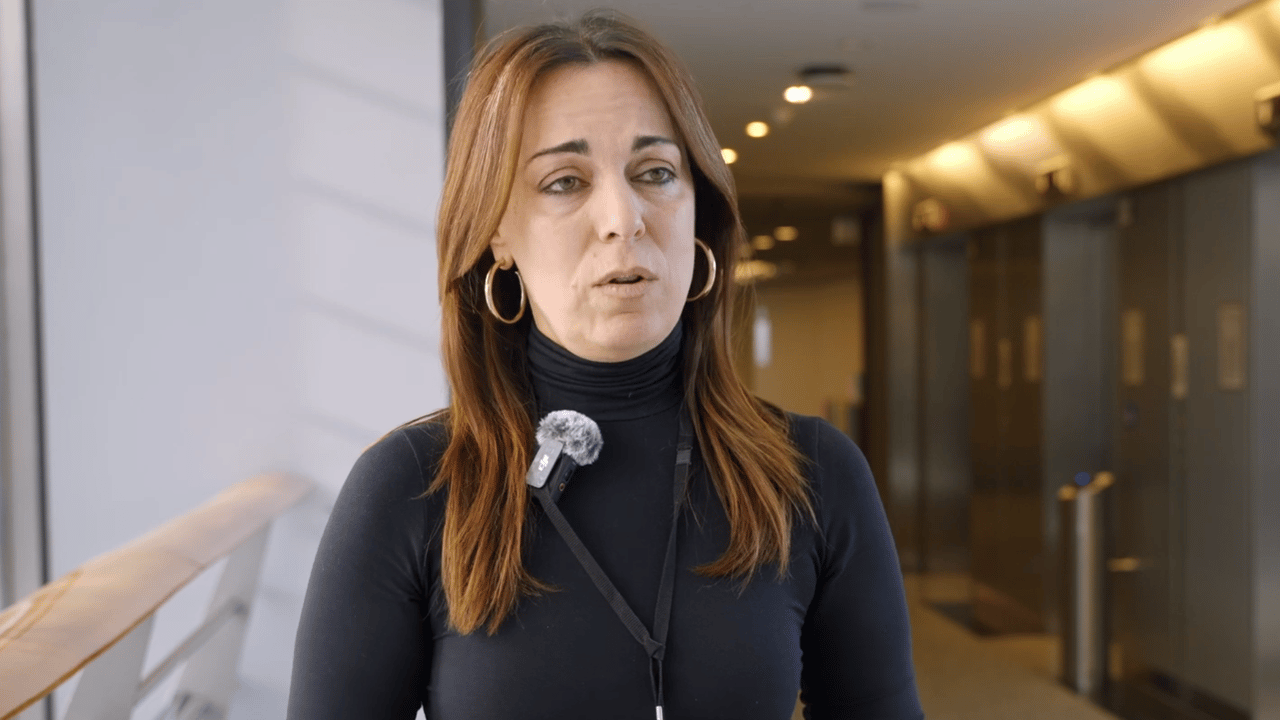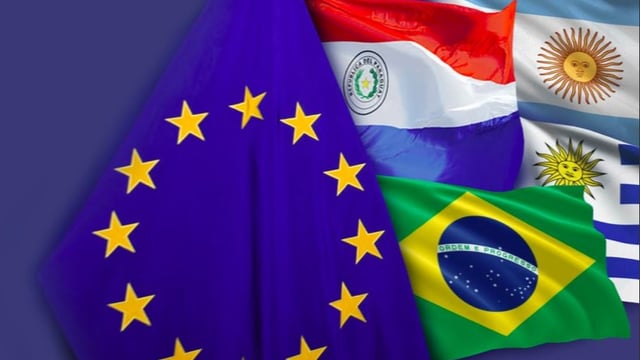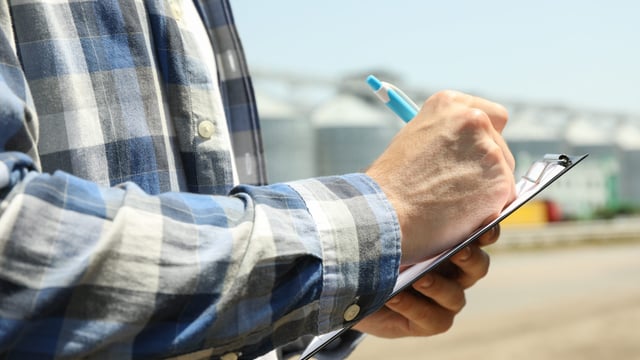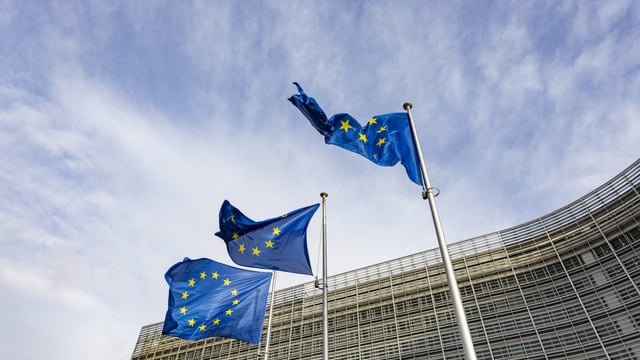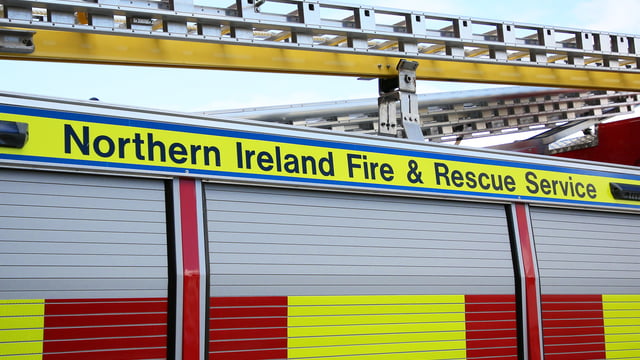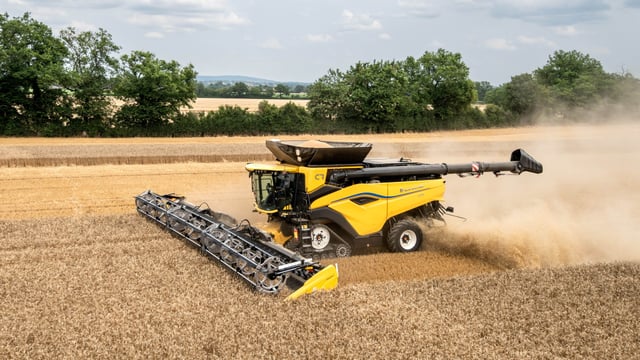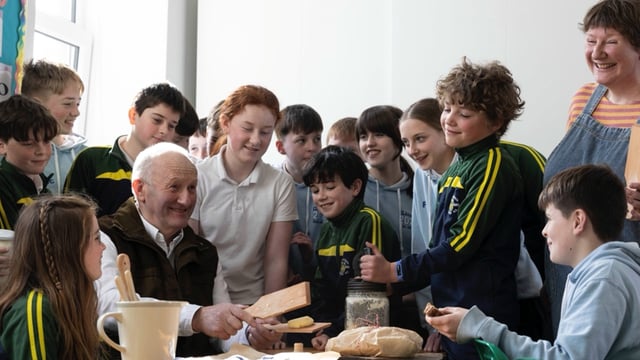Watch: Will the Common Agricultural Policy be common no more?
Farm representative groups across Europe are increasingly concerned about the proposed budget for the EU, particularly in relation to the Common Agricultural Policy (CAP).
On July 16 this year, the European Commission presented its proposal to reform CAP post-2027 and the EU budgetary framework.
Pillars I and II of the CAP are to be replaced by a single framework under the National and Regional Partnership Plan (NRPP).
Ireland has been allocated €11.4 billion for its NRPP, which will include a ringfenced amount of €8.16 billion for CAP.
This represents 76% of the CAP budget for Ireland in the current round (€10.7 billion). The commission has indicated that member states will be able to top up CAP interventions from their total NRPP budget.
At the time, European Commissioner for Agriculture, Christophe Hansen confirmed that "at least €300 billion" has been ringfenced by the commission for CAP representing 80% of the current budget, effectively a cut of 20%.
However farm groups have argued that this drop in funding for farmers across the EU could be much great and closer to a 40% cut indirectly, as the commission has not factored inflation into its proposals or estimations.
A Common Agricultural Policy?
The flexibility to allow member states decide how much they can support the farming sector has raised concerns that the fundamental premise of the CAP is not being adhered to, i.e., a single cohesive market and would allow some member states a competitive edge on others.
Below, secretary general of Copa Cogeca, Elli Tsiforou spoke to Agriland in Brussels about the strong lobby Copa Cogeca is engaged in with all three EU institutions - the European Commission, Parliament, and Council.
Copa & Cogeca, the umbrella group that represents farmers and co-ops across the EU has rejected the move by the European Commission to reduce funding for the farming sector as "unacceptable".
With a focus more on 'security and competitiveness', there is a feeling that agriculture is among the main sectors to suffer as a result of the EU needing to prioritise funds more towards security in light of geopolitical tensions.
Farmer representatives have stressed that security does not simply mean military defence equipment but should also incorporate food security, which is equally affected by conflict and geopolitical tension as was evidenced when Russia invaded Ukraine.
This had a major impact on the supply chain for grain and fertiliser, resulting in scarcity and rising input prices.
"We fully oppose the proposals that been put on the table... first of all, there is a significant cut on the budget, so 20% less, it is not acceptable to us," Elli Tsiforou told Agriland.
"The EU should invest in the sector because if the key priority is defence and security, food security cannot be side-lined in this clear direction for the future EU budget.
"Then, we fear these proposals will bring a 27 different approaches when it comes to agricultural policy in the EU. They give maximum flexibility to the member states. This is a clear threat to the commonality of the policy [CAP]."

